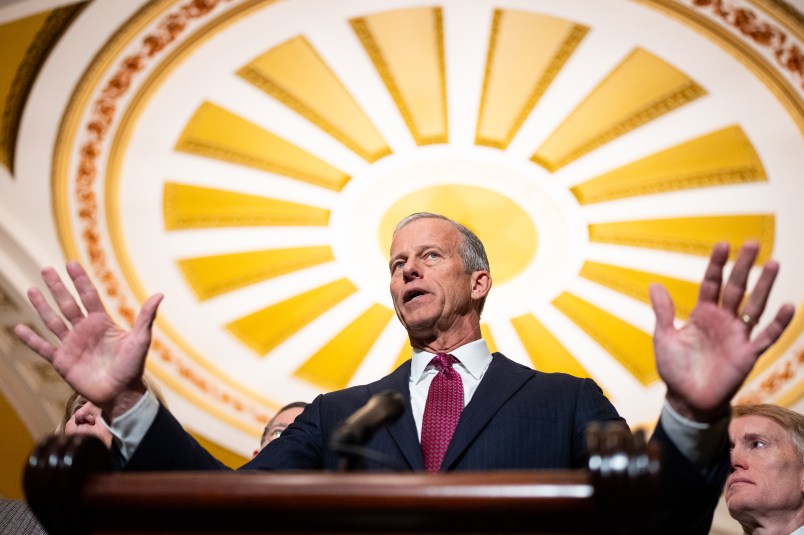
By Godwin Ozoro
In a significant legislative development, the House of Representatives on Thursday passed a bill for a second reading that aims to reinstate Nigeria’s old national anthem. If enacted, this proposal would replace the current anthem, “Arise, O Compatriots,” with “Nigeria, We Hail Thee,” which was used from 1960 to 1978.
The bill has sparked considerable interest among lawmakers and the public. Proponents argue that the old anthem better encapsulates the spirit of the nation’s independence era and serves as a reminder of Nigeria’s foundational values. “The old anthem is a poignant reminder of our journey to independence and the unity that followed. It’s a song that many of us hold dear,” stated Representative Julius Ihonvbere, the bill’s sponsor.
Opponents, however, contend that the current anthem, in use since 1978, is more reflective of modern Nigeria and its aspirations. “While we respect our history, the current anthem represents the nation’s evolution and our hopes for the future,” argued Chinda, a member of the Peoples Democratic Party, noting that the old anthem was a colonial heritage that should not be considered in a post-independent Nigeria.
Chinda’s argument was supported by Mr. Ahmad Satomi, the member representing Jere Federal Constituency, Borno State. However, another Borno lawmaker, Ahmed Jaha, supported the bill, arguing that the wording in the current anthem lacks substance in the affairs of the Nigerian state.
The bill’s passage through its second reading suggests growing support among lawmakers, though it still faces several legislative hurdles before it can become law. It must pass a third reading in the House, receive Senate approval, and be signed by the President.
Public reactions have been mixed, with some Nigerians expressing nostalgia for the old anthem, while others believe that changing the national anthem should not be a priority given the country’s current challenges.
As the bill progresses, it remains to be seen whether Nigeria will return to its former national anthem, rekindling a piece of its historical identity, or continue with the current anthem that has symbolized its modern era for over four decades.






